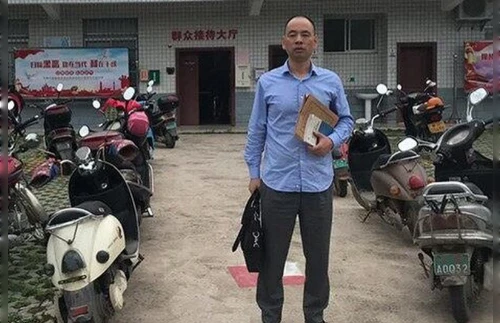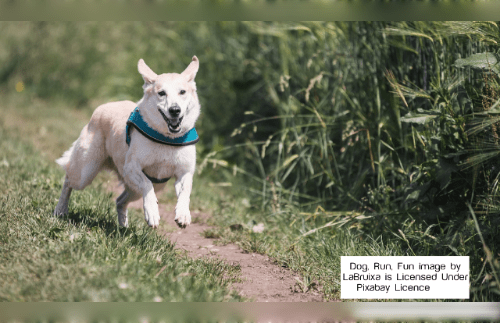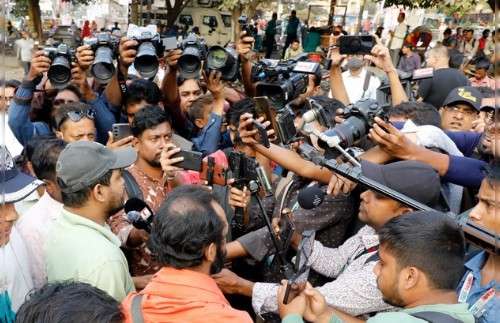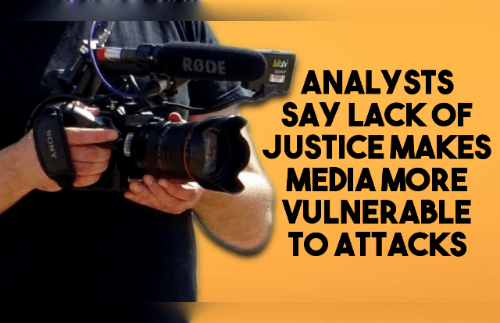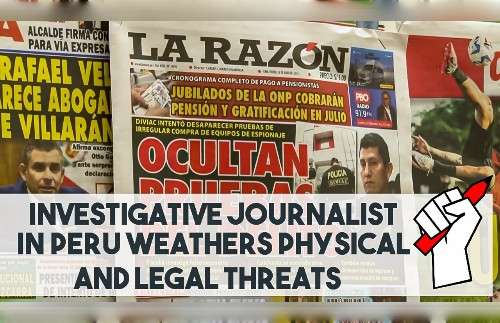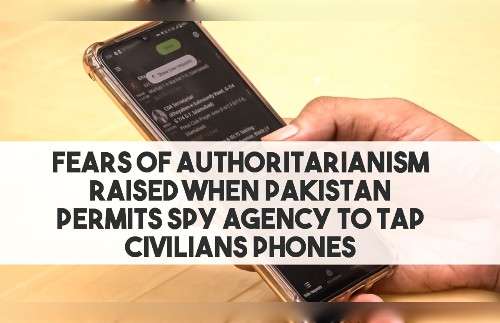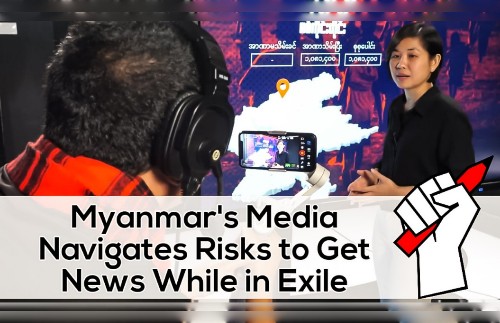
On the eve of the general elections in Burma, Reporters Without Borders (RSF) denounces the countless attacks on press freedom which have punctuated the electoral campaign and which have already discredited the results of this consultation.
It has become the great forgotten point of the democratic transition in Burma, initiated ten years ago. Press freedom has been widely scorned by the current government led by Aung San Suu Kyi, ahead of the legislative elections to be held on Sunday, November 8.
The Election Commission, which oversees the ballot, has decided to impose prior censorship on all candidates who wish to speak on state media, effectively muzzling the voices of opposition parties. They must indeed follow a series of rules with particularly vague formulations, such as not “disrespecting existing laws”, “tarnishing the image of the nation” or “defaming the Tatmadaw” - from the name of the army still very much. -powerful in Burma.
Censorship all the more shocking as many private media outlets had to stop appearing or broadcasting in the context of the Covid-19 crisis, the government having decided that the media are not part of the “essential activities” . In fact, journalists risk three years in prison if they violate the confinement rules currently in force.
Burmese voters are therefore largely deprived of the media pluralism that should accompany an election campaign.
Legitimacy started
“Journalists thrown in jail for criticizing the government or the army, blocking dozens of news sites, censoring opposition voices… The attacks on press freedom are such that they will begin seriously the legitimacy of the government that will emerge from Sunday’s poll , warns the head of RSF’s Asia-Pacific office, Daniel Bastard. A reform of the legal framework that governs the exercise of journalism must be a priority for the next legislature, otherwise Burma will leave the path of democratic transition for good. ”
The British colonized Criminal Code is still widely used to arrest and convict reporters deemed too critical, as was the case last May, when the editor of the online news agency Dae Pyaw , Zaw Ye Htet , was sentenced to two years in prison for an article.
During the last two weeks of March 2020, the central government arbitrarily ordered the country’s four Internet operators to block a total of 221 so-called “fake news” sites , to use the expression used in the ministerial order.
The legislature which is coming to an end has been marked by serious attacks on press freedom – starting with the sentencing to seven years in prison of two Reuters journalists, Kyaw Soe Oo and Wa Lone , whose only crime is investigating a massacre of civilians at the heart of the Rohingya genocide, which began in August 2017.
Burma is 139th out of 180 countries in the 2020 World Press Freedom Index by RSF .
Copyright ©2016, Reporters Without Borders. Used with the permission of Reporters Without Borders(RSF), CS 90247 75083 Paris Cedex 02 https://rsf.org
Chinese Rights Lawyer Lu Siwei Sentenced to 11 Months in Prison
After Inhaling Deodorant Spray in TikTok Challenge,Eight Years Old Brazilian Girl Dies
Regular Exercise Keeps Your Pet Healthy
How to Report Child Abuse in India
Sri Lankan Police Pull Plug on Vietnamese Monk’s Tour Until He Changes Visa
North Korean Troops May Enter Ukraine Doon,Kyiv Warns
First Time Parents At Nearly 100 Years of Age
Home Made Food for Pets
Subscribe Our You Tube Channel
Fighting Fake News
Fighting Lies





